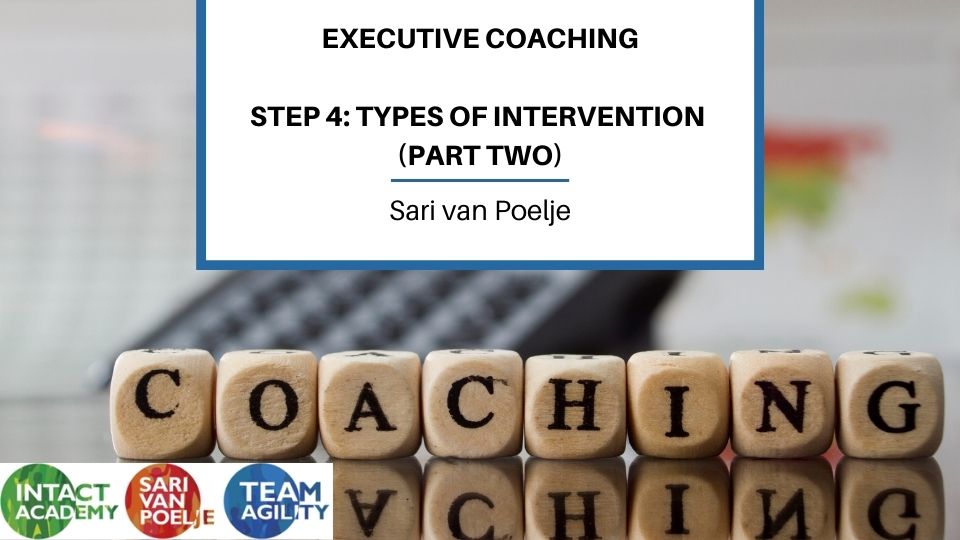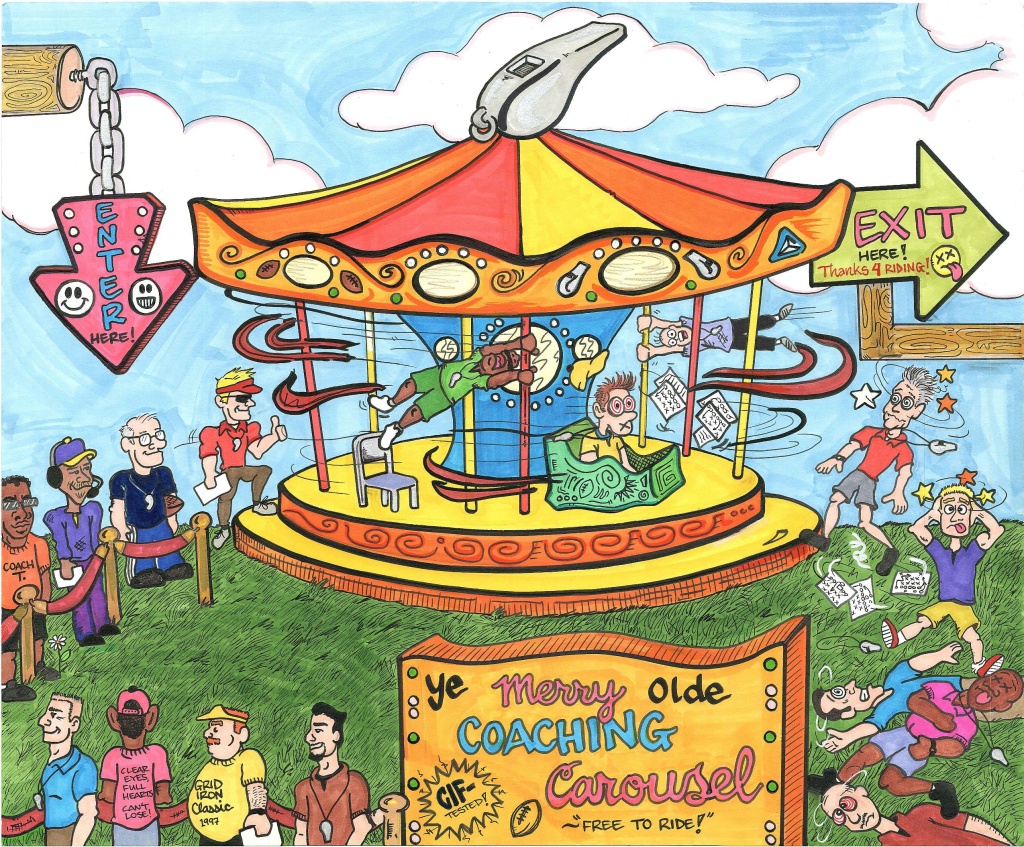
There are some basic characteristics that make a good executive coach. While some coaches can acquire a Svengali-like grip on their executives, this can have disastrous effects. Jim Mirabella shares his coaching experiences. Read on to discover how to be a great executive coach. Here are a few tips to help you get started. To get started, you must first find a client. The next step is to build a solid relationship with your client.
Jim Mirabella: Lessons from Jim Mirabella
The building design and construction of Jim Mirabella's homes make them environmentally conscious and energy efficient. This results in a significant reduction in utility bills and reduced water consumption per person. To ensure sustainable results, the company tracks energy usage and other metrics. Jim Mirabella homes have a lower environmental footprint than traditional ones. Mirabella houses use between 30 and 40 percent less energy than other homes. It also saves about 2,500 gallons of water per person each year.

What are the characteristics of a great executive Coach?
Executive coaches must have IQ or EQ. They shouldn't try to outsmart clients and should show empathy and respect. They should also be friendly and compassionate. They must be able to establish rapport with clients and get to know their thinking patterns. They should be able to offer solutions to business problems and guide business leaders in the right direction. While this list doesn't necessarily represent the best or the worst coach, it provides a guideline for selecting the right coach to help your organization.
Developing a coach-client relationship
Developing a coach-client relationship for an executive is an important aspect of the executive coaching process. It helps to identify the development needs of an executive and then focuses on prioritizing these needs. The first meeting is where the client and coach discuss their personal goals and offer suggestions. This initial alignment is a key element of the coaching relationship, and acts as the foundation for progress.
Locating a client
Finding a client is the first step to becoming an executive coach. You must know how to approach potential clients online, no matter if you're new or an experienced coach. LinkedIn is the most used social network for executives. You should target this audience. You should tailor your LinkedIn invitations to appeal to their professional needs. No matter if your target audience is a CEO or a mother-to-be, they should be able and willing to connect with you.

Executive coaching is expensive
Costs for executive coaching vary depending on the level and type of service provided. Executives at the top of management will usually pay more than those in lower levels, and vice versa. Higher revenue will result in a higher rate. For a quote and to find out the cost of executive coach, please contact a provider. Websites that specialize in executive coaching can help you find a range rates.
FAQ
How do I know if I need a life coach?
You could benefit from extra help if it seems like you're not living your full potential. If you have tried in the past to accomplish something, but failed, this is a good indicator. Perhaps you struggle to stick with a goal for long enough to see the results.
Stress-related burnout is a condition where you have difficulty managing all aspects of your life, including work, family, friends and finances.
These problems can be solved by life coaches.
Are life coaches worth the effort?
The answer is straightforward. You can't find an easy solution to any problem if you want to. Coaching may be the best option if your goal is to make a long-lasting, positive impact in people's lives.
Coaching is all about helping others change. Although it is hard work, the rewards are amazing.
You can learn to be a better individual and help others.
You will feel confident and strong, and the results you achieve will last a lifetime.
Here are some questions you should ask yourself if you're unsure if life coaching is right.
-
Do I know enough about myself to make the necessary changes in my life?
-
Do I have the will to succeed?
-
Are I able to make big changes in my own life? Can I dream big dreams?
-
Do I have the desire to improve my life?
-
What is my time limit for coaching?
-
What type of support do you need?
-
Are there any hidden costs involved in becoming a client of a life coach?
What are the benefits to having a life coach?
A life coach will help you achieve your goals, overcome any obstacles, make positive changes, and be happier.
A life coach assists individuals in developing self-awareness. They also assist with improving relationships and motivation.
In short, a life coach helps you thrive!
How many clients should a life coach have?
The most important thing for you as a coach is to develop yourself. As a coach, it is essential to constantly learn about yourself and improve your skills. You'll be able to help others by learning from your mistakes.
The goal of your business is to build a solid foundation. This requires you to understand yourself and your best operating methods.
Once you have a clear understanding of your motivations, you can use them to motivate clients and colleagues.
At least five to ten clients is a good goal, but you might have more clients if you do well.
What is the average price of a coach for life?
A life coach typically charges $100-$500 for each session.
The average time they spend working on a client's case varies from two weeks to several months, depending on the coaching you are looking for.
The typical fee covers an initial consultation and assessment. There are weekly phone calls or Skype sessions for discussing progress and planning future steps.
A life coach can help clients identify and resolve problems, set goals and develop strategies to overcome obstacles.
Statistics
- If you expect to get what you want 100% of the time in a relationship, you set yourself up for disappointment. (helpguide.org)
- People with healthy relationships have better health outcomes, are more likely to engage in healthy behaviors, and have a decreased mortality risk.1 (verywellmind.com)
- This also doesn't mean that the give-and-take in a relationship is always 100% equal. (verywellmind.com)
- Needing to be 100% positive and committed for every client regardless of what is happening in your own personal life (careerexplorer.com)
- According to ICF, the average session cost is $244, but costs can rise as high as $1,000. (cnbc.com)
External Links
How To
What are the problems that life coaches help solve?
Life coaching is a great way for people to address personal issues such as stress, anxiety, depression, stress, relationships difficulties, career problems, self-doubt etc. It helps clients achieve goals by helping them identify what they want and creating strategies to help them reach those goals.
Life coaching is beneficial for clients because they learn how:
-
Identify the most important things to them
-
Set goals
-
Understanding yourself better
-
Build positive habits
-
Manage stress
-
Focus on the things they want
-
Find solutions to problems
-
Learn new skills
-
Change negative patterns
-
Enjoy more fun
-
Be more productive
-
Take control over their lives
-
Overcome your obstacles
-
Develop good communication skills
-
Improve relationships
-
It is possible to cope effectively with difficult situations
-
Live a happier, healthier life
-
Feel more confident
-
Make decisions rationally
-
You can create meaningful experiences
-
Achieve more significant levels of success
-
Grow spiritually
-
You can improve their physical health
-
Increase your longevity
-
Reduce risk factors for illness
-
Get emotionally stronger
-
Learn more about their behaviours
-
Get rid of bad habits
-
Balance work and play
-
Enjoy life more
-
Get more joy
-
Live a richer life
-
Be more successful
-
Go forward
-
Learn how to better cope
-
Mental clarity can be improved
-
Heal from past trauma
-
Turn negatives into positives
-
Transform limiting beliefs